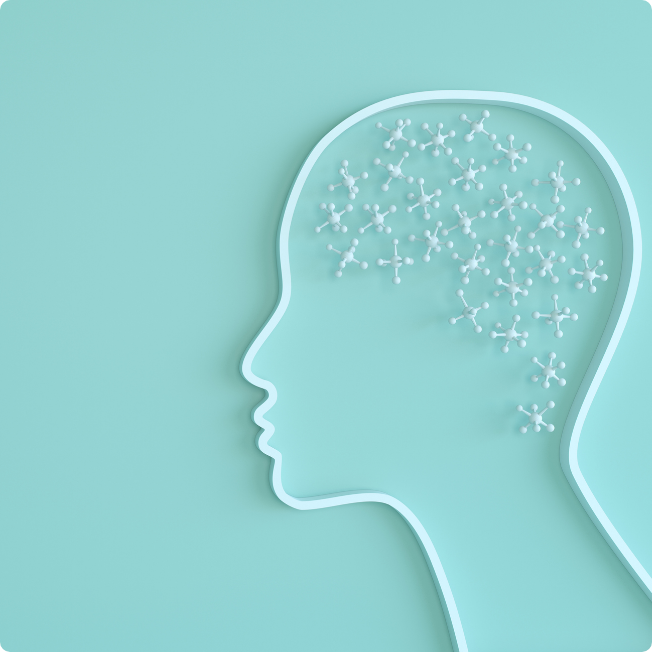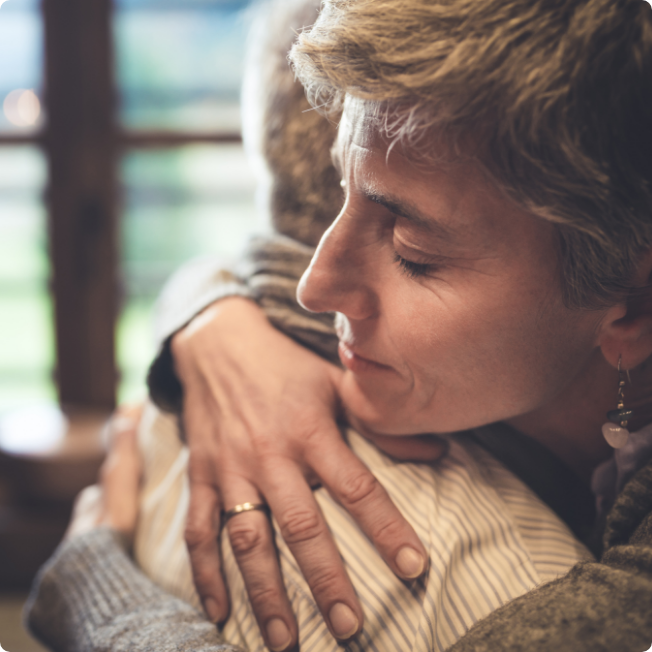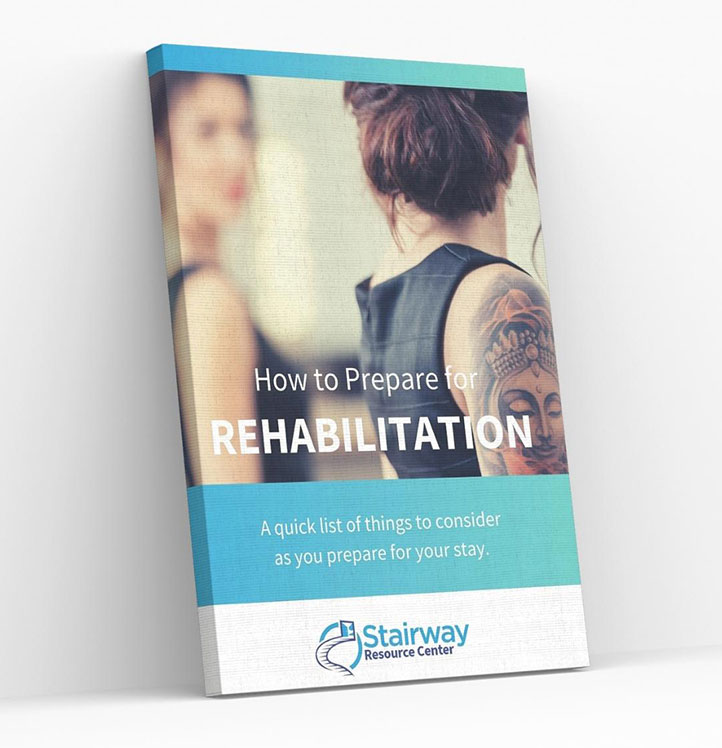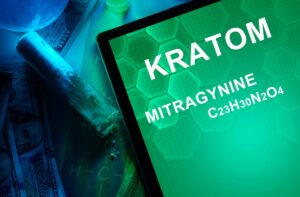Individual and Group Therapy for Addiction Recoveryat Stairway Resource Center in Los Angeles

The Importance of Therapy in Addiction Recovery
Group TherapyBuilding a Supportive Recovery Community

• Emotional regulation and stress management
• Developing healthy relationships in recovery
• Understanding the role of mental health in addiction
• Relapse prevention strategies and tools

Individual TherapyPersonalized Care Tailored to Your Needs
While group therapy provides communal support, individual therapy at Stairway Resource Center offers a more personalized approach. In one-on-one sessions with a licensed therapist, individuals have the opportunity to explore their personal history, emotions, and behaviors in a confidential setting. Our therapists use evidence-based modalities such as cognitive behavioral therapy (CBT), dialectical behavior therapy (DBT), and motivational interviewing (MI) to help individuals address the underlying issues contributing to their addiction.
CBT is one of the most effective tools in treating addiction because it focuses on identifying and changing negative thought patterns and behaviors that lead to substance use. In CBT sessions, individuals learn how to recognize triggers, manage cravings, and develop healthier coping mechanisms to deal with stress and emotions.
DBT focuses on emotional regulation and interpersonal skills, helping individuals manage intense emotions and self-destructive behaviors effectively. By teaching distress tolerance, DBT equips individuals to cope with overwhelming emotions without turning to substance use, supporting recovery. DBT is essential for those with co-occurring mental health disorders like anxiety, depression, or borderline personality disorder, aiding long-term recovery.
In addition to CBT and DBT, our therapists are trained in MI, a client-centered approach that helps individuals resolve any ambivalence they may have about their recovery. By helping individuals clarify their values and goals, MI fosters motivation and commitment to positive change, making it easier to overcome the obstacles to recovery.

Trauma-Informed CareAddressing the Root Causes of Addiction

Holistic TherapiesHealing the Mind, Body, and Spirit

Family TherapyHealing Relationships and Building Support

Relapse PreventionBuilding a Strong Foundation for Long-Term Sobriety
At Stairway Resource Center, we understand that maintaining sobriety requires more than just completing a treatment program — it requires ongoing support and the development of effective relapse prevention strategies. Our relapse prevention program is designed to help individuals identify their triggers, develop coping skills, and build a support network that will help them stay on track in their recovery journey.
Relapse prevention therapy focuses on:
• Identifying high-risk situations and triggers
• Learning how to manage cravings and urges
• Developing effective stress management techniques
• Building a strong support system, including peer support and family involvement
By equipping individuals with the tools they need to navigate life’s challenges without turning to substances, our relapse prevention program helps ensure long-term success in recovery.
Why Choose Stairway Resource Center for Addiction Treatment in Los Angeles?
Take the first step toward a healthier, more fulfilling life!

Get Your Free GuideHow to Prepare for Rehabilitation
"*" indicates required fields




